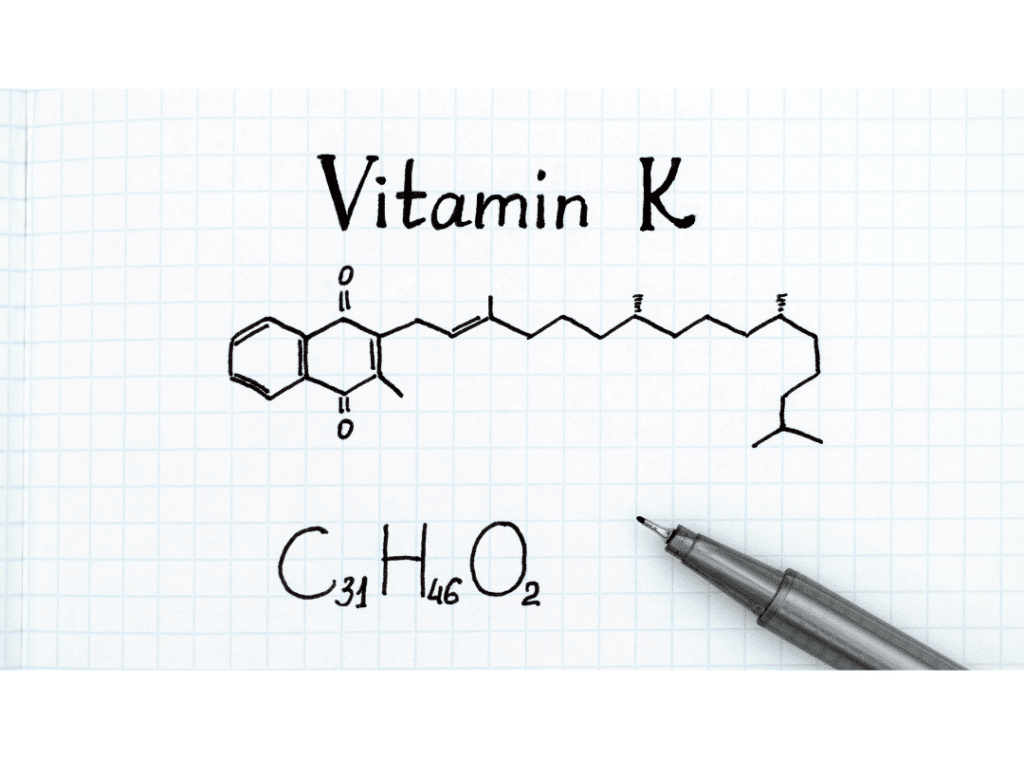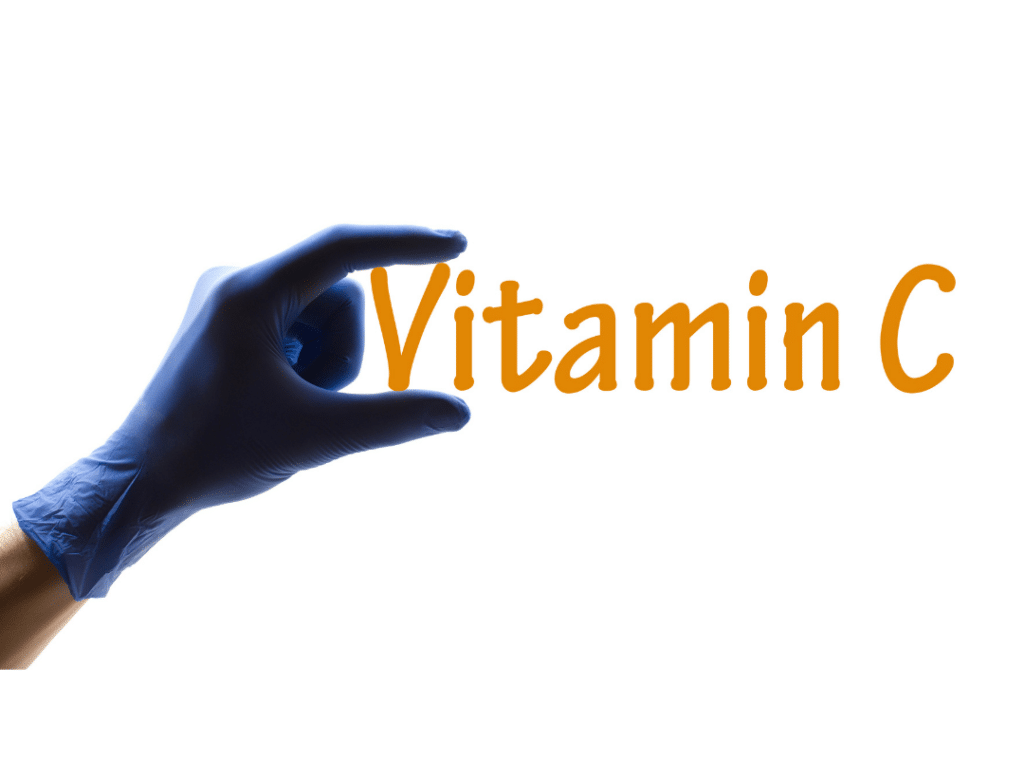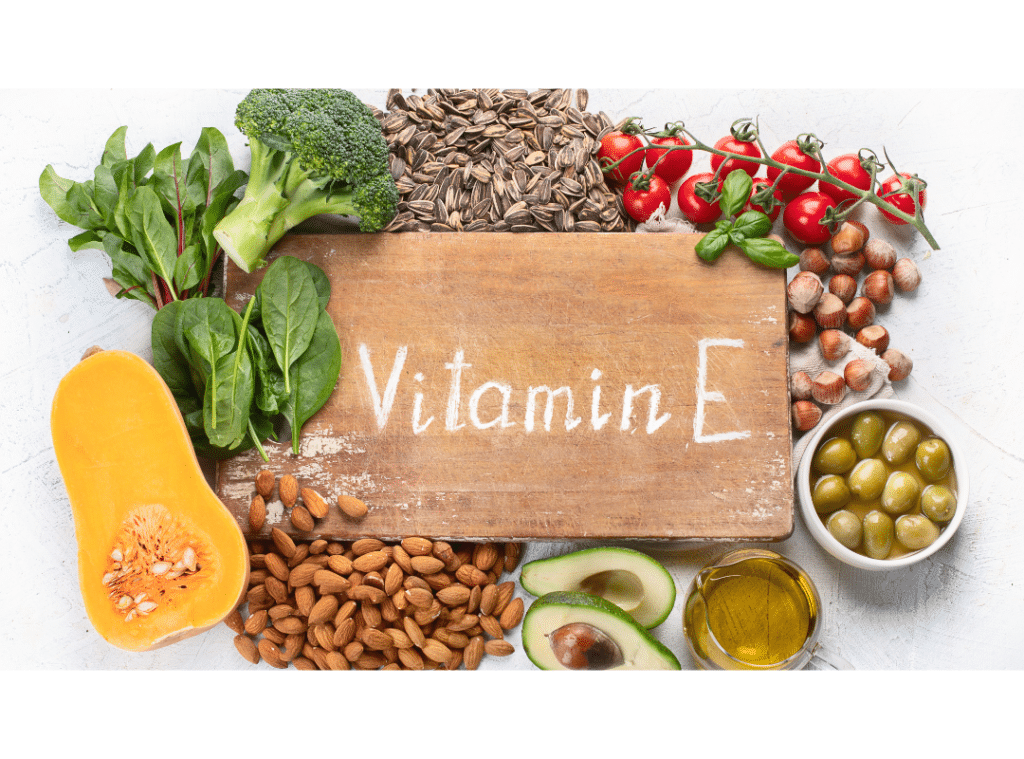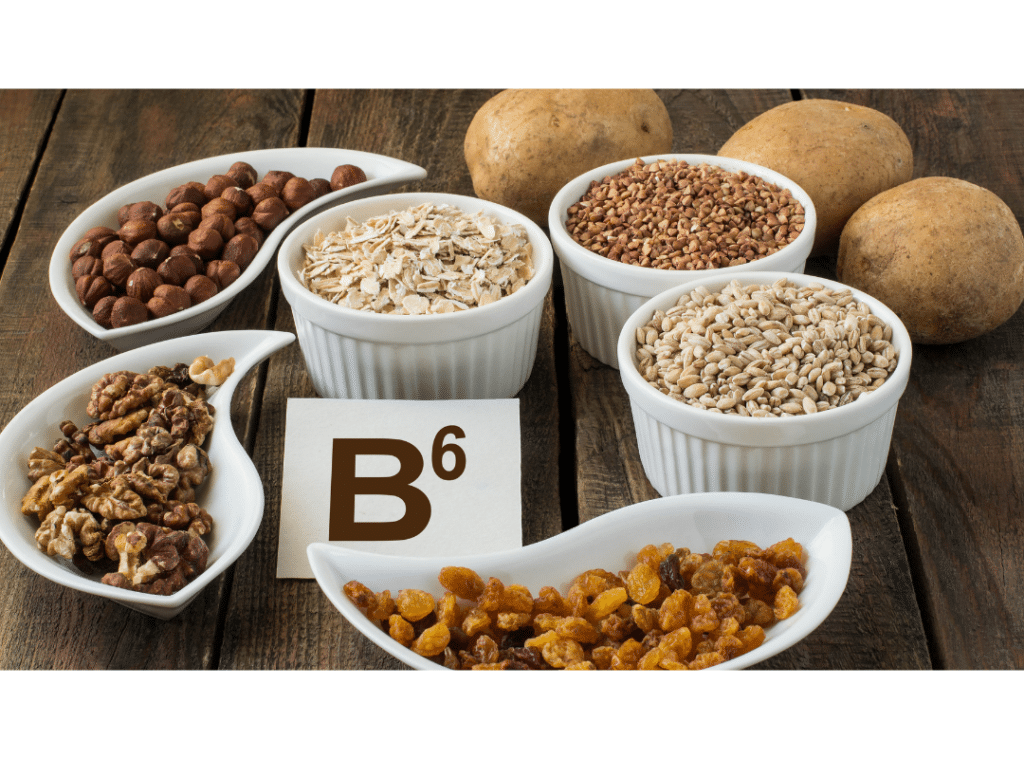Vitamins for Strong Bones and Joints: Boost Health Naturally
If you’ve ever experienced joint discomfort that hinders your daily activities, you might find relief in understanding how specific vitamins can benefit your bone and joint health. Imagine a scenario where incorporating a few key nutrients into your diet could make a significant difference in your overall well-being. By exploring the impact of essential vitamins on your bones and joints, you could discover natural ways to enhance your health and mobility. Stay tuned to learn more about the remarkable benefits these vitamins offer for strong bones and joints with The Oaks at Paso Robles.

Importance of Vitamin D
Highlighting the significance of Vitamin D in maintaining strong bones and joints, this essential nutrient plays a pivotal role in supporting bone health. Vitamin D is often referred to as the “sunshine vitamin” because your body can produce it when your skin is exposed to sunlight. Vitamin D is essential for the absorption of calcium and phosphorus, which are necessary minerals for bone strength and growth. Without sufficient Vitamin D, your bones can become brittle and weak, leading to conditions like osteoporosis. Moreover, Vitamin D isn’t only important for bone health but also plays a role in supporting your immune system. It helps regulate immune responses and can reduce the risk of infections, autoimmune diseases, and chronic inflammation.

Benefits of Vitamin K
Vitamin K plays an essential role in supporting bone density by assisting in the absorption of calcium. It also aids in promoting joint health by helping to reduce inflammation and oxidative stress. Additionally, Vitamin K is vital for regulating blood clotting, ensuring proper wound healing and overall cardiovascular health. Adequate intake of Vitamin K can also support cognitive health in seniors by reducing the risk of cognitive decline.
Bone Density Support
Boosting bone density is vital for maintaining strong and healthy bones as you age. To support your bone health, incorporating Vitamin K into your diet can be extremely beneficial. Here are four key ways Vitamin K can help enhance your bone density:
- Aids in Calcium Regulation: Vitamin K plays an essential role in regulating calcium levels in your body, ensuring that calcium is properly utilized for bone mineralization.
- Promotes Bone Formation: By activating osteocalcin, a protein involved in bone mineralization, Vitamin K helps in building and strengthening your bones.
- Reduces Risk of Osteoporosis: Vitamin K has been associated with a reduced risk of osteoporosis, a condition characterized by low bone density and increased fracture risk.
- Enhances Bone Strength: Studies suggest that Vitamin K supplementation can improve bone strength and reduce the risk of fractures, especially in postmenopausal women.
Incorporating Vitamin K-rich foods like leafy greens, broccoli, and Brussels sprouts, along with Vitamin K supplements if necessary, can support your bone density and overall bone health naturally.
Discover the level of care you or your family member requires. What Level of Care Do You Need?
Joint Health Promotion
To further fortify your musculoskeletal health beyond bone density support, consider the advantages of Vitamin K in promoting joint health. Vitamin K plays a pivotal role in maintaining healthy joints by aiding in the synthesis of certain proteins essential for joint function. Including Vitamin K in your diet can help reduce the risk of joint issues and improve overall joint health.
Exercise routines are also essential for joint health. Regular physical activity helps strengthen the muscles around your joints, providing better support and reducing the risk of injuries. Incorporating both strength training and low-impact exercises like swimming or cycling can benefit your joints immensely.
In addition to Vitamin K and exercise, making dietary changes can further enhance joint health. Including foods rich in Vitamin K, such as leafy greens, broccoli, and Brussels sprouts, can help support your joints. Omega-3 fatty acids found in fish like salmon and mackerel can also have anti-inflammatory effects, benefiting joint health. By combining Vitamin K, exercise routines, and dietary changes, you can promote ideal joint health for a more active and pain-free lifestyle.
Blood Clotting Regulation
In maintaining the intricate balance of blood clotting within your body, Vitamin K emerges as a crucial player. Vitamin K plays a pivotal role in the clotting mechanism, ensuring that your blood can form clots when needed to prevent excessive bleeding. Here are four key benefits of Vitamin K in regulating blood clotting:
- Clot Formation: Vitamin K activates certain proteins necessary for the blood to clot effectively.
- Clot Prevention: It also helps in preventing excessive clotting by regulating clot formation.
- Wound Healing: Vitamin K aids in the healing process by promoting proper blood clotting at the site of injury.
- Natural Supplements: Incorporating Vitamin K-rich foods like leafy greens, broccoli, and Brussels sprouts, or taking Vitamin K supplements, can support your body’s clotting mechanism and overall health.
Ensuring an adequate intake of Vitamin K through natural sources or supplements can help maintain a healthy balance in your body’s blood clotting process.

Power of Vitamin C
With its powerful antioxidant properties and essential role in collagen synthesis, Vitamin C plays an essential role in maintaining strong bones and joints. Collagen is a protein that forms the foundation for bones, muscles, skin, and tendons, providing structure and strength. By promoting collagen synthesis, Vitamin C aids in the repair and maintenance of these connective tissues, contributing to overall joint health and mobility. Aging affects the digestive system, but Vitamin C can help regulate bowel movements and prevent chronic diseases.
| Benefits of Vitamin C |
| Enhances collagen production |
| Provides antioxidant protection |
| Supports bone density |
Role of Vitamin A
Vitamin A plays an essential role in maintaining healthy bones and joints. It aids in bone growth and development, while also supporting joint health. Understanding the benefits, sources, and recommended intake of Vitamin A can help you optimize your bone and joint strength.
Vitamin A Benefits
Research has shown that incorporating Vitamin A into your diet plays an essential role in maintaining healthy bones and joints. Vitamin A offers various benefits beyond just improving eye health and skin benefits. Here are four key ways in which Vitamin A can support your overall health:
- Bone Health: Vitamin A aids in bone growth and development, contributing to stronger bones and reducing the risk of fractures and osteoporosis.
- Joint Function: By reducing inflammation, Vitamin A helps in maintaining healthy joints, improving mobility, and potentially easing joint pain associated with conditions like arthritis.
- Immune Support: Vitamin A boosts the immune system, enhancing the body’s ability to fight off infections and illnesses, thereby promoting overall well-being.
- Cell Growth and Repair: Vitamin A plays a vital role in cell growth and repair processes throughout the body, supporting tissue maintenance and regeneration.
Ensuring you have sufficient Vitamin A in your diet can positively impact your bone and joint health, immunity, and overall well-being.
Sources and Intake
To maintain the best bone and joint health along with overall well-being, it’s important to be mindful of your Vitamin A intake. Dietary recommendations suggest that adults should aim for around 700-900 micrograms of Vitamin A per day, with sources including liver, fish oils, dairy products, and fortified cereals. Vegetarians can rely on beta-carotene-rich foods like carrots, sweet potatoes, and spinach as precursors the body can convert into Vitamin A.
Absorption factors play an essential role in ensuring you get the most out of your Vitamin A intake. Consuming Vitamin A-rich foods with healthy fats can improve absorption, as Vitamin A is a fat-soluble vitamin. Additionally, cooking methods can affect the bioavailability of Vitamin A, with steaming and baking better preserving its content compared to boiling.

Impact of Vitamin E
With its antioxidant properties, Vitamin E plays an important role in supporting the health of your bones and joints. This vitamin not only protects your cells from damage caused by free radicals but also contributes to maintaining healthy skin. Vitamin E’s anti-inflammatory properties can help alleviate joint pain and stiffness, promoting better mobility and comfort, especially in individuals with periodontal disease.

Significance of Vitamin B12
In your quest for strong bones and joints, the importance of Vitamin B12 cannot be underestimated. Vitamin B12 plays a pivotal role in maintaining overall health, with specific benefits for bone and joint health. One essential function of Vitamin B12 is its role in the production of red blood cells, which are essential for transporting oxygen throughout the body, including to your bones and joints. Additionally, Vitamin B12 supports the health of your nerves, ensuring proper nerve function and communication with your muscles. Vitamin B12 also aids in the absorption of calcium, a key mineral for bone strength, which is crucial for preventing falls in seniors.

Support From Vitamin B6
Continuing our exploration of vitamins necessary for bone and joint health, we now shift our focus to the support provided by Vitamin B6. This essential vitamin plays a pivotal role in maintaining nerve function and supporting protein metabolism in your body.
Here are four key ways Vitamin B6 supports your overall health:
- Nerve Function: Vitamin B6 is necessary for the synthesis of neurotransmitters that transmit signals in the nervous system. Adequate levels of Vitamin B6 can help support healthy nerve function, aiding in proper communication between your brain and body.
- Protein Metabolism: Vitamin B6 is involved in the metabolism of proteins, helping your body break down and utilize the protein from your diet effectively. This process is critical for muscle growth, repair, and overall health.
- Inflammation Regulation: Vitamin B6 also plays a role in regulating inflammation in the body, which can impact joint health and overall well-being.
- Red Blood Cell Production: Vitamin B6 is involved in the production of hemoglobin, the protein in red blood cells that carries oxygen throughout your body, supporting overall vitality and energy levels.
To sum up, by incorporating a variety of essential vitamins into your diet, you can strengthen your bones and joints naturally. So, next time you reach for that sugary snack, think about how it could be weakening your bones instead of supporting them. Remember, your body is a temple, so fuel it with the right vitamins for strong bones and joints. Contact The Oaks at Paso Robles at (805) 239-5851 for more information.









